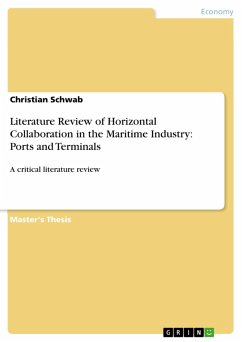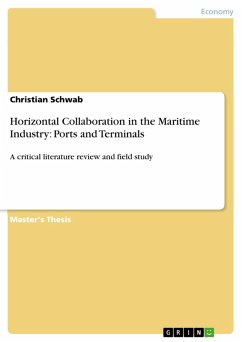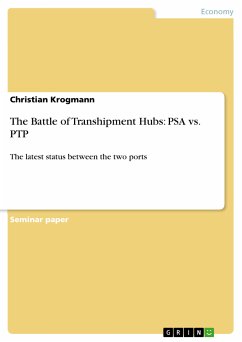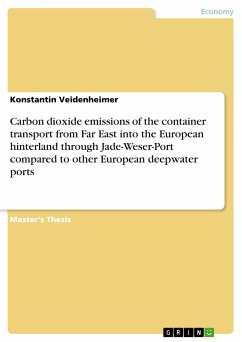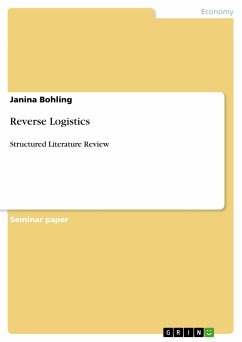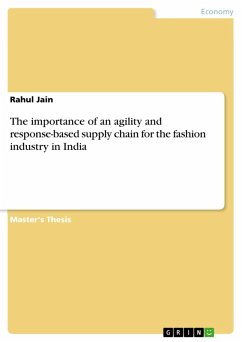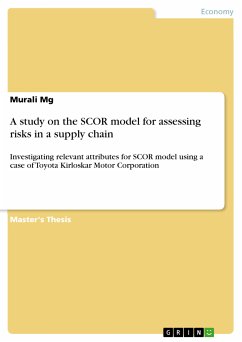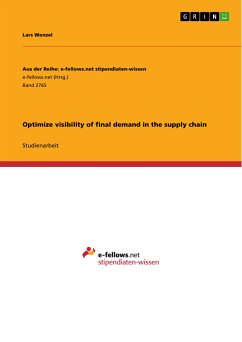Master's Thesis from the year 2012 in the subject Business economics - Supply, Production, Logistics, grade: A, Heriot-Watt University Edinburgh, course: Maritime Logistics and Supply Chain Management, language: English, abstract: This literature review investigates horizontal collaboration initiatives of ports and terminals. It includes the identification of concepts, drivers, benefits and barriers. Moreover, it examines how collaboration initiatives can be managed effectively. The study shows that ports and terminals collaborate in the field of marketing and business development, operations, administrative, regulatory and spin-off. Organizations are forced to collaborate by following drivers: Bargaining power of shipping lines, increased efficiency in sea-transport and hinterland-connections, as well as increased requirements of shippers and shipping lines. The benefits of collaborating can be classified in the sections efficiency / cost reduction, knowledge and competency, positioning of the company, as well as marketing and service benefits. Social benefits and green benefits have also been discovered. The main barriers are anti-competition regulations and discrepancies between partners, strategic fit and different interests. The top three factors of effective collaboration management are regular face to face meetings, integration of information and trust. All in all this literature review makes several contributions to the rarely available literature of horizontal collaboration in the maritime port and terminal industry.
Dieser Download kann aus rechtlichen Gründen nur mit Rechnungsadresse in A, B, BG, CY, CZ, D, DK, EW, E, FIN, F, GR, HR, H, IRL, I, LT, L, LR, M, NL, PL, P, R, S, SLO, SK ausgeliefert werden.

